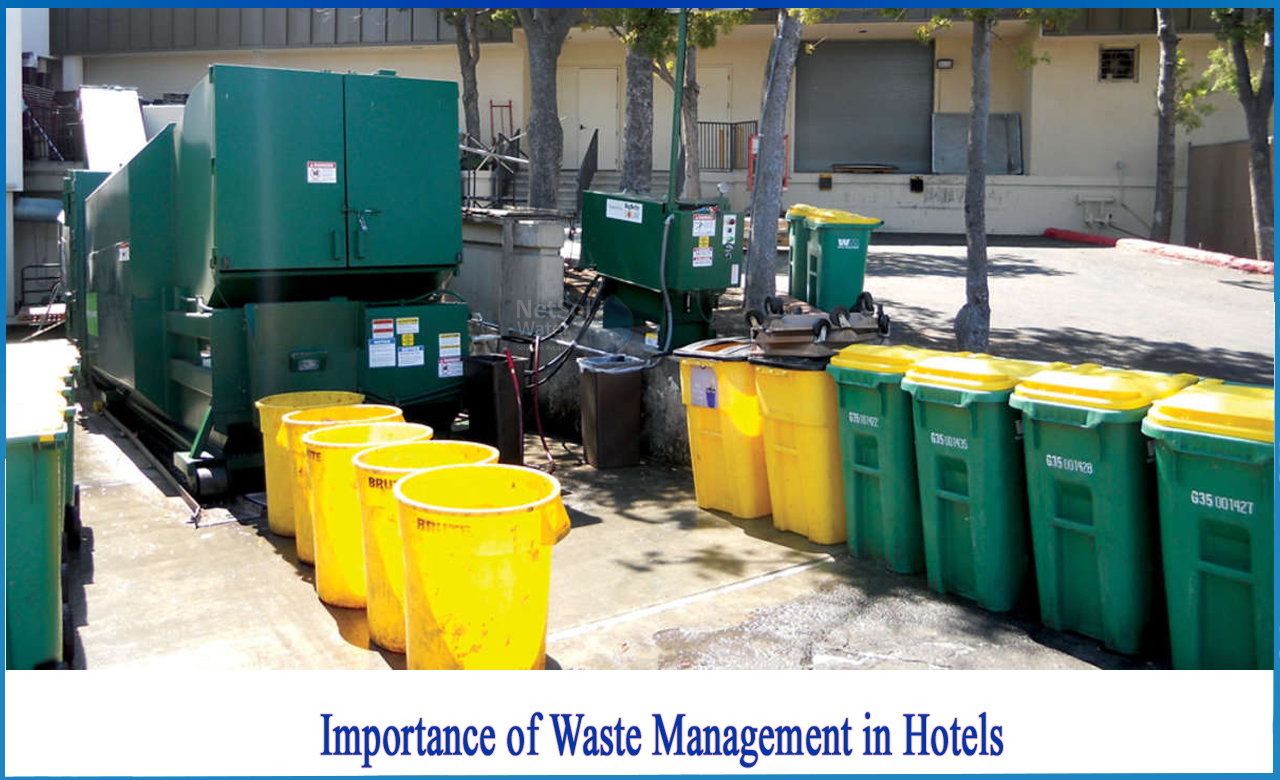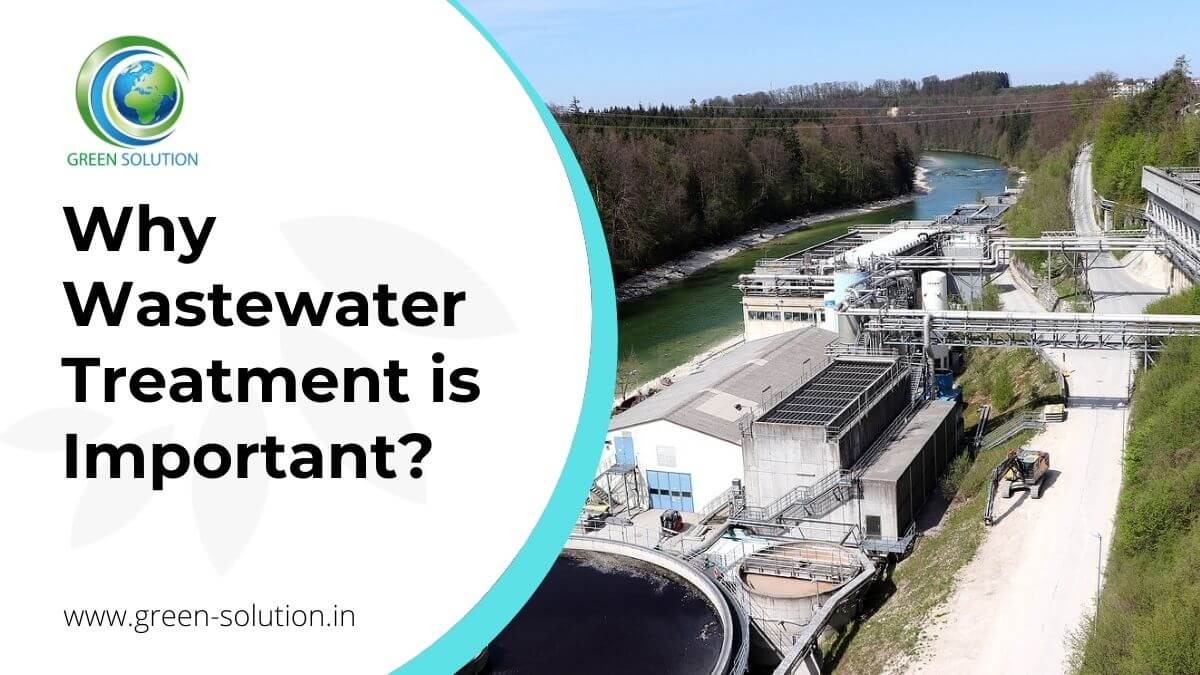Reclaim Waste for Dummies
Reclaim Waste for Dummies
Blog Article
Reclaim Waste Can Be Fun For Anyone
Table of ContentsFacts About Reclaim Waste RevealedUnknown Facts About Reclaim WasteThings about Reclaim WasteThe Main Principles Of Reclaim Waste Reclaim Waste Can Be Fun For Anyone
Domestic sewage waste refers to the waste and products from a property septic container. The appropriate monitoring and disposal of domestic sewer waste require fluid waste to be transferred to a sewage therapy plant where the correct methods and tools are used to purify and dispose of waste.
Business waste usually consists of potential risks, such as combustible products or a combination of fluid and strong waste products, and needs an advanced and detailed disposal process. The disposal of commercial waste normally involves the purification of waste prior to transport to make sure risk-free and correct disposal. Industrial waste is produced from by-products and runoff of commercial processes and manufacturing.
This type of waste can not use the very same sewer monitoring transport or procedures as septic or business liquids. The hazardous waste monitoring procedure needs the assessment and testing of fluid waste prior to it goes through the disposal procedure (industrial wastewater treatment). Overflow waste is the liquid waste that originates from overflow and excess stormwater in very inhabited areas or cities
Drainage waste can create contamination and flooding if not handled properly. Making certain appropriate waste management can stop disasters and minimize ecological harm.
The 30-Second Trick For Reclaim Waste
Contact PROS Services today to discover our waste administration and disposal services and the correct ways to take care of the liquid waste you create.
(https://boom-fruit-496.notion.site/Industrial-Wastewater-Treatment-The-Key-to-a-Cleaner-Greener-Future-13c9fdbb2e9380eca32fee3a79088ddf?pvs=4)Do you recognize what happens to your water when you pull the plug, purge the toilet or drain the cleaning machine? No? Well, it deserves knowing. This supposed 'wastewater' is not just an essential resource however, after treatment, will be launched to our land, rivers or the sea. Used water from commodes, showers, bathrooms, kitchen area sinks, washings and industrial procedures is recognized as wastewater.

water used to cool down equipment or clean plant and devices). Stormwater, a kind of wastewater, is drainage that streams from farming and city locations such as roofings, parks, yards, roads, my company paths and rain gutters right into stormwater drains, after rain. Stormwater streams unattended straight to regional creeks or rivers, eventually reaching the ocean.
The Ultimate Guide To Reclaim Waste
In Queensland, a lot of wastewater is treated at sewer treatment plants. Wastewater is transported from domestic or industrial sites through a system of sewage systems and pump terminals, referred to as sewerage reticulation, to a sewer treatment plant. Neighborhood governments build, maintain and operate most sewage therapy plants. Operators are certified under the Environmental Protection Act 1994 to discharge cured wastewater at an appropriate ecological criterion into waterways.
The Division of Natural Resources suggests local governments about handling, operating and preserving sewage systems and therapy plants. In unsewered locations, local governments might require householders to install specific or house sewer therapy systems to deal with domestic wastewater from commodes, cooking areas, shower rooms and laundries. The Division of Natural Resources authorises using house systems when they are proven to be efficient.
The majority of stormwater gets no therapy. In some new subdivisions, therapy of some stormwater to get rid of clutter, sand and gravel has started using gross toxin catches. Wastewater therapy happens in 4 stages: Eliminates strong matter. Larger solids, such as plastics and other things incorrectly released to drains, are eliminated when wastewater is travelled through displays.
Wastewater then flows into large tanks where solids settle and are removed as sludge. Grease and scum are skimmed from the surface. Makes use of small living microorganisms called micro-organisms to break down and get rid of continuing to be liquified wastes and great particles. Micro-organisms and wastes are incorporated in the sludge. Removes nitrogen and phosphorus nutrients that could create algal blossoms in our rivers and threaten marine life.
The Main Principles Of Reclaim Waste
Nutrient elimination is not available at all sewer treatment plants due to the fact that it calls for costly specialised tools. It is ending up being much more usual in Queensland. Clear liquid effluent generated after therapy may still have disease-causing micro-organisms. If this effluent is launched into rivers such as rivers or the sea, the micro-organisms will ultimately die out.

This usually means wastewater has to be dealt with or contaminants eliminated before it can be released to waterways. The majority of wastewater moves into the sewerage system. Under the Act, local governments provide authorizations and licences for eco appropriate activities (Periods) entailing wastewater releases that may have a neighborhood influence. The department administers authorizations and permits to Periods including wastewater launches that might have a regional or statewide impact.
The 7-Second Trick For Reclaim Waste
Monitoring offers factual info about water top quality and can confirm that licence problems are being satisfied. The details obtained via tracking supplies the basis for making water high quality decisions.
Report this page